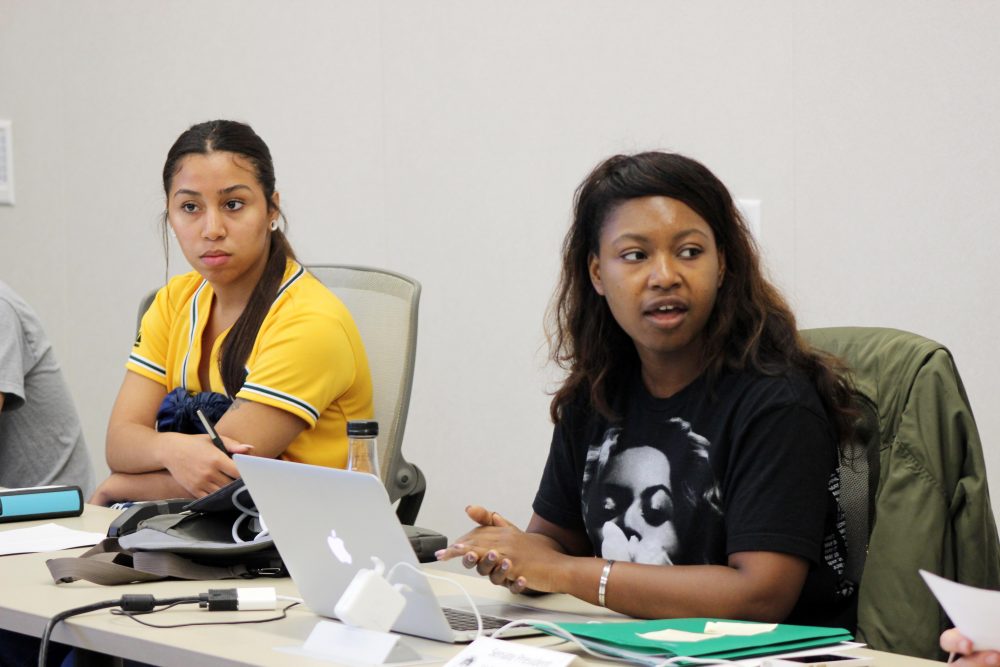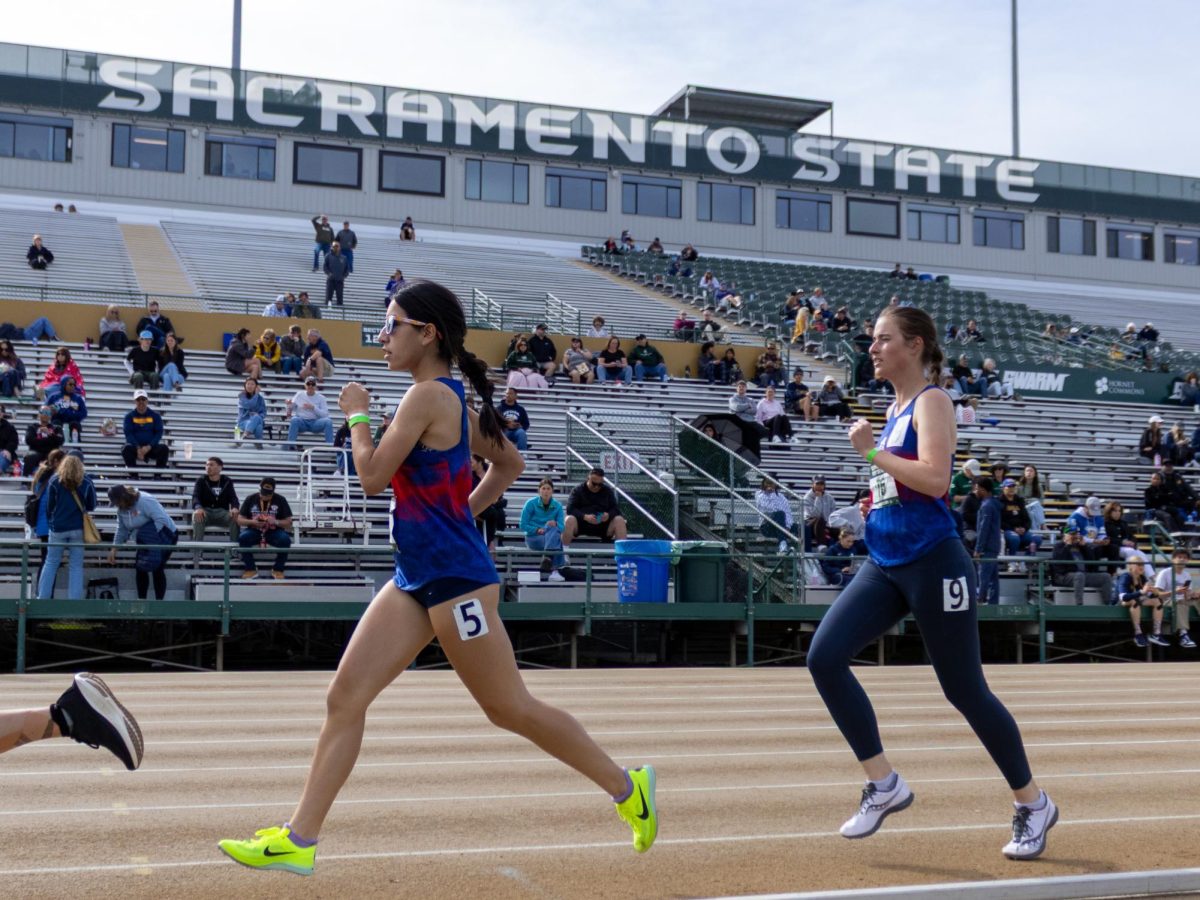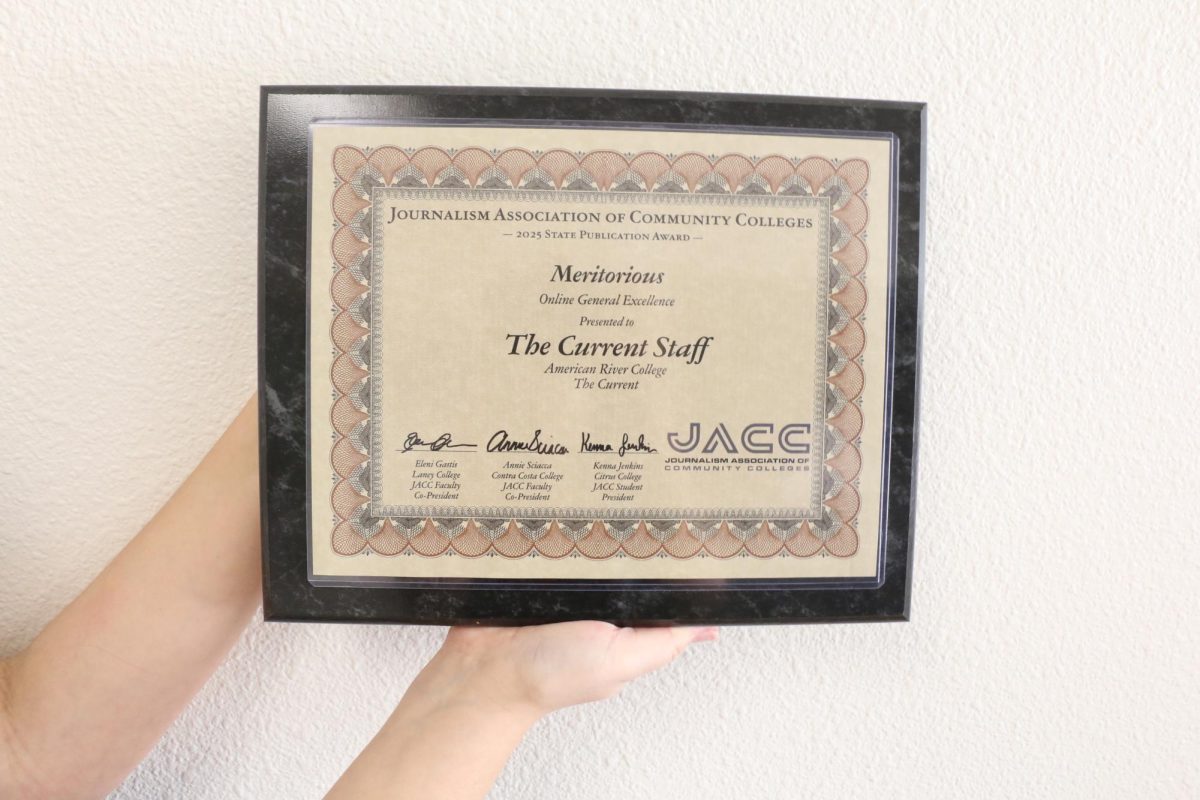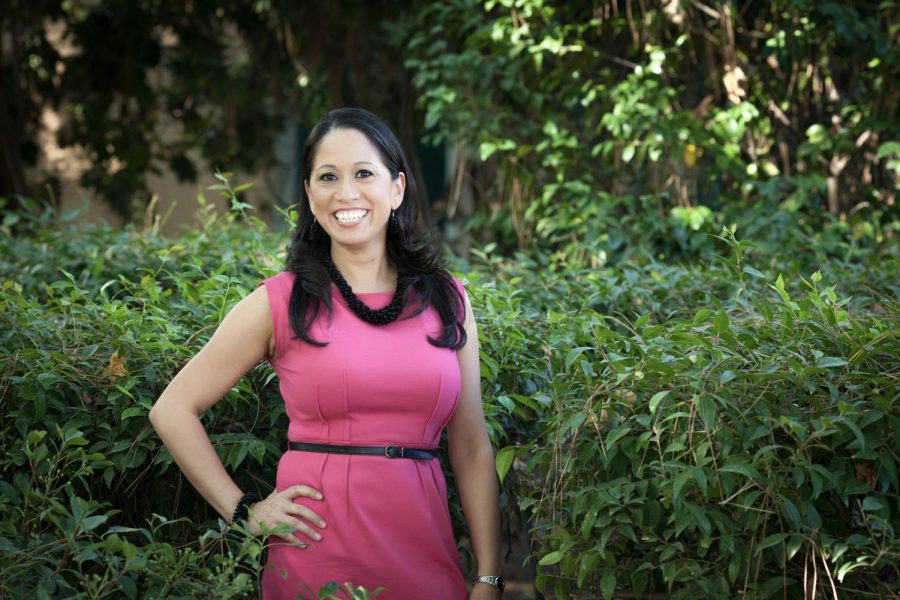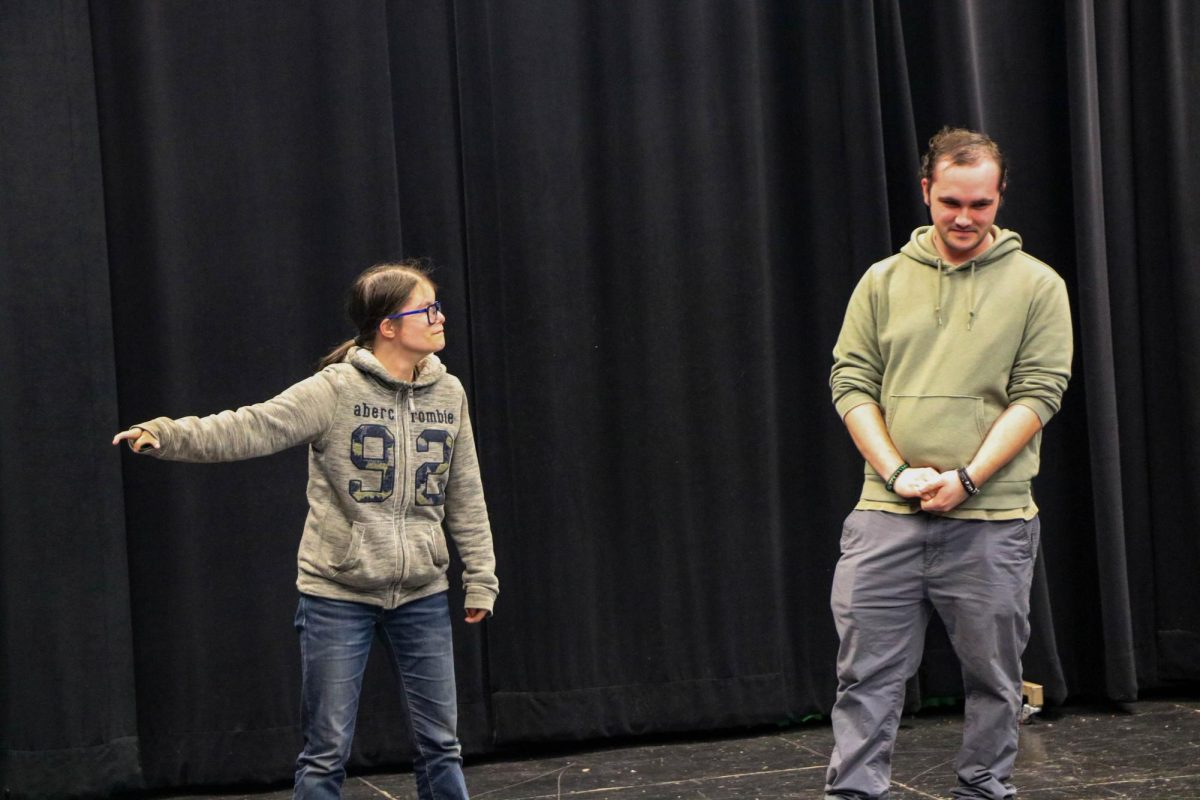In various quiet spots around campus over the course of two days, I sat with four women and talked about intersectionality, the seeming impossibility of student involvement at ARC and the daunting nature of power.
These conversations all had one thing in common – we were all women in high-ranking student positions on the ARC campus, we all agreed that American River has been a wonderful place for us to grow as students and young professionals, and we all had intersections that helped and hindered us along the way.
The obstacles we faced, however, seem to be products of society, and not the school.
We all felt secure in the fact that our appointments weren’t affirmative action hires, or tokenizations. We earned our positions, though not without struggle, on merit alone – and that alone says something positive about the faculty and staff we worked with on the way up.
ARC’s campus organizations are run almost exclusively by women. Three of four executive officers in the student government are women. ARC’s literary journal, the American River Review, has a female editor-in-chief. UNITE, the campus social justice organization, has seven interns, and five of them are women.
Valencia Scott and Alejandra Hilbert are the Associated Student Body Student Senate President and Vice President, respectively. They are also women of color.
Scott and Hilbert felt that their journey to becoming representatives of ARC’s students was mostly based on their merit, but Scott said she felt her time on the board last semester was “oppressive.”
“When I was running for president, someone on the board literally told me, ‘oh, well you’re black and you’re a woman, so you won’t have a problem getting votes, because that’s just how it works,’” Scott said.
Rightfully appalled by the comment, Scott felt discredited, as if her merit as a campus leader had no weight in her campaign. She ran, and won, and now believes her intersectionality helps make her a better leader.
Hilbert and Scott agreed that being a representative is difficult at times, because they don’t always agree with the views of their constituents. That’s why they both also serve as UNITE interns.
Scott enjoys “wearing both hats” because it lets her bring together her passions, and work on social justice issues alongside ASB.
Samantha Daniels, editor-in-chief of the American River Review, ARC’s literary magazine, hasn’t had the same struggles, but her path was not clear-cut either.
Daniels said she never felt discriminated against as a woman, but she worried about her experience and her age.
“I’m only 19,” said Daniels. “That was kind of my biggest struggle, was were people going to take me seriously because of my age, and would I actually figure out what I’m doing?”
Sam and I agreed that coming into our positions at a young age – I was 20 when I started as editor-in-chief of the Current – is very intimidating, but learning management and organization skills has benefitted us immensely as students.
I also spoke with Mary Stedman, vice president of the Clubs and Events Board.
She felt the biggest roadblock for her has been a lack of student involvement on ARC’s campus.
She said she hasn’t dealt with any problems due to her gender, but she feels “powerless” because students don’t participate when she works to put information out for them.
“At the end of the day, it’s not really us who have the power, it’s the students,” said Stedman. “We are just here to serve them.”


